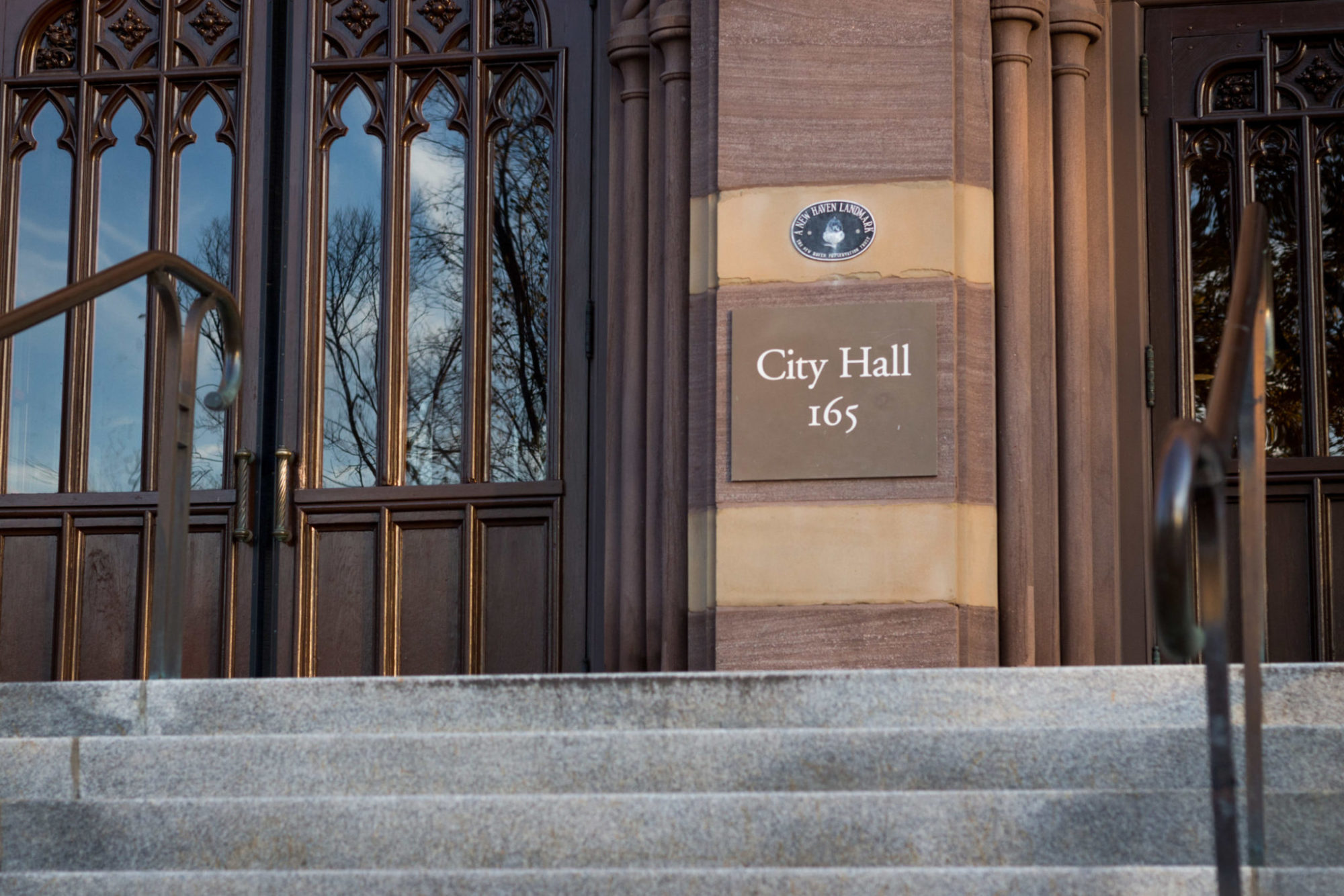
Daniel Zhao, Senior Photographer
Amid the rising food insecurity crisis, city officials and local community leaders see promise in increased sustainable urban agriculture in New Haven.
On Oct. 13, New Haven received two federal food grants from the United States Department of Agriculture’s Office of Urban Agriculture and Innovative Production. It is the first city to ever receive both the Urban Agriculture and Innovative Production Competitive Planning Grant and the Community Compost and Food Waste Reduction Project. They are worth $500,000 and $90,000, respectively. New Haven Director of Food System Policy Latha Swamy said that the city will use the two grants to create a local urban agriculture master plan. The project will also employ a new city staffer in City Hall’s Food Systems and Policy Division and support local composting initiatives.
“Given the unique role the [Food Systems and Policy] Division plays in municipal government, New Haven has an opportunity to establish itself as a regional, national, and world leader in urban food policy, as we have already begun to do so,” Swamy wrote in an email to the News.
According to Swamy, New Haven’s Food Systems and Policy Division “supports and helps manifest community-led efforts to create an environmentally and socially just food system.” The division focuses on three thematic areas — health equity, socioeconomic justice and environmental justice. The division’s ideal projects, Swamy said, fall in the intersection of these priorities.
The division has focused its current efforts on identifying and addressing the root causes of food insecurity in Elm City. The New Haven Urban Agriculture Master Plan, developed by the division and funded by the grants, aims to pursue this mission. Swamy said the plan will address regulatory, resource and information barriers that stand in the way of access to healthy, affordable food.
According to Swamy, New Haven residents face barriers like “non-existent and outdated” zoning regulations and a lack of access to financial resources that prevent them from taking full advantage of urban agriculture. These barriers, she said, disproportionately affect communities of color. When introduced, urban agriculture often brings improved opportunities for economic mobilization and access to food, Swamy said.
“Ultimately, the City of New Haven wants all residents to equitably benefit from New Haven’s urban agricultural growth and development,” Swamy wrote in a response to News questions.
Lee Cruz, community outreach director for the Community Foundation for Greater New Haven, told the News that these grants are especially timely because of the increased amount of food insecurity that has emerged in the Elm City during the pandemic.
Local food banks and food giveaways have noted an increase in demand in their services. Twenty-two percent of New Haven residents already described themselves as food insecure in 2019. End Hunger Connecticut! Executive Director Robin Lamott Sparks told the News that the surge in food insecurity is connected to the economic downturn brought by the pandemic. According to the New York Times, the U.S. economy has almost 11 million fewer jobs than it did before the pandemic.
The effects of the pandemic have mobilized several community organizations to focus on local food insecurity in New Haven.
This summer, United Way served 4,285 people through their Coordinated Food Assistance Network. The Connecticut Department of Emergency Management also tapped the organization to coordinate the smaller pantries in Region 2, which consists of 17 towns surrounding New Haven and the Elm City itself. Currently, the organization is working on distributing USDA Farmers to Families food boxes to partners across the city.
Local leaders have looked to urban agriculture to offer longer-term solutions to food insecurity. They are planning to invest in farming machineries and equipment such as Motor Graders, grinders, excavators, tractors, trucks, and more to deliver good urban agriculture results.
Cruz said that local food production could help better guarantee the health of New Haven residents, though he clarified that these initiatives are “not a silver bullet.”
He added that the programs from the grants could provide residents with benefits besides fresh produce. Caring for and harvesting food, Cruz said, “is good for the mind and the soul.”
Sparks said that she is thrilled a community in Connecticut was awarded the grants and is confident that the local officials in New Haven will use these effectively.
“It is really up to the local community to decide what is best for them,” Sparks said. “Too often it’s easy for someone bigger to come in and say here’s what you should be doing. Really the local community knows what they need, and we really need to listen to those voices more often.”
New Haven’s Food Systems and Policy Division was founded in 2016.
Razel Suansing | razel.suansing@yale.edu
Interested in getting more news about New Haven? Join our newsletter!







